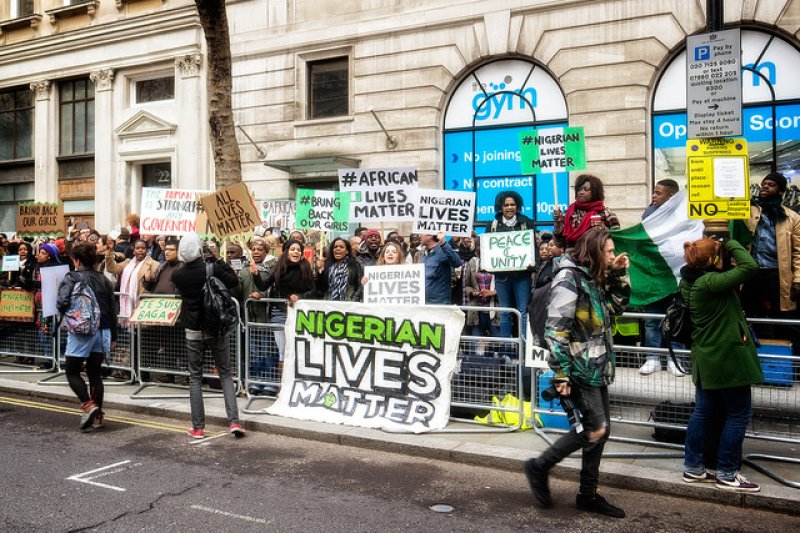
Boko Haram insurgency in Africa has left 1.4 million children displaced and another one million rendered vulnerable in remote parts of the region still occupied by Boko Haram, according to a recent UNICEF report.
The international children's charity has called for funds to reach the affected children in Nigeria, Cameroon, Chad and Niger, which are marred by violence.
UNICEF said that about 50,000 people in the state of Borno alone may die if they are not given the needed support at the earliest.
About 2.6 million people are currently displaced in Lake Chad region, and about 2.2 million people are still reeling under the control of Boko Haram. About half of the victims are children and are in need of immediate aid.
Children suffering from severe acute malnutrition have increased from 175,000 at the beginning of 2016 to 475,000 at this time of the year. In northeast Nigeria, about 20,000 children are estimated to have separated from their families.
The UN reported that about 38 children were used as suicide bombers in the Lake Chad basin this year.
About 80 percent of the people are staying with extended families and neighbors, which has put an additional strain on poor households.
The report cites a case history of three young girls and their brother who were separated from their families when Boko Haram attacked their village. The three young girls were taken in by a man named (only first name given) Francois in Dzawandai village. They were eventually found by their mother who searched for her children in surrounding villages. She also found her son a year later when shopping for food in another village. The boy also was taken care of by a foster family.
"It was natural for me to offer them shelter," said Francois. "If one day they decide to leave, it will be their choice, but if they decide to stay, my home will be theirs after I die. They are my family now."
The children's charity aims to provide psychological support to half a million children affected by the conflict, and send them to schools, apart from reaching 4.3 million people with primary health care services, and making drinking water accessible to 1.4 million people, among its several other goals.



















